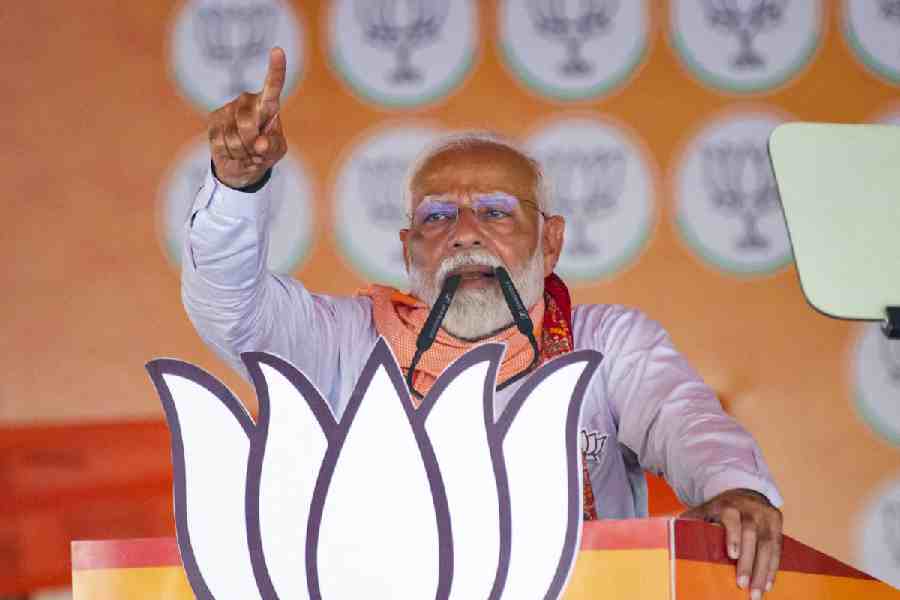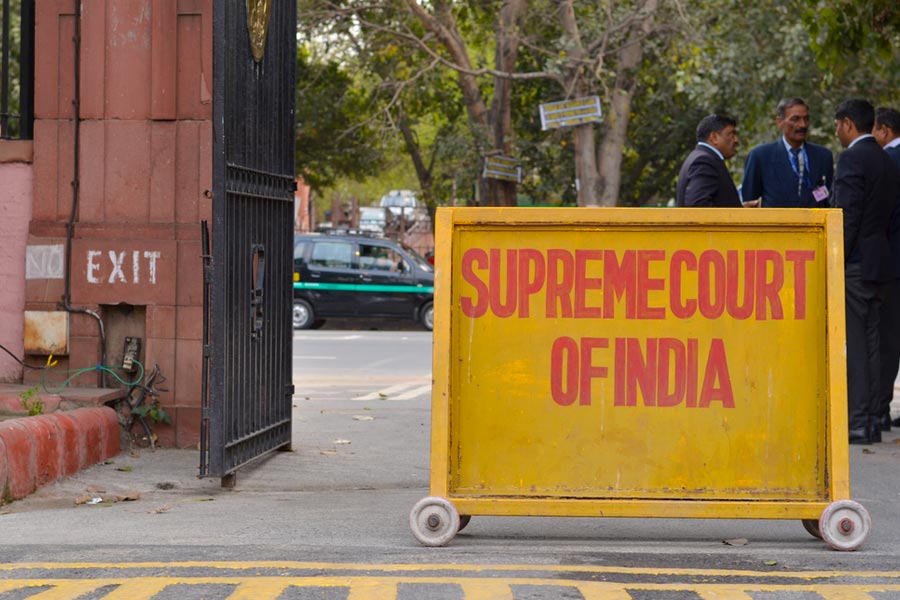Jean-Paul Sartre, the well-known French existentialist philosopher, was an avowed Marxist and a passionate opponent of French imperialism. He had supported the Algerian war of independence against France and had befriended Frantz Fanon who had been active in the Algerian cause. During this war, Sartre had asked soldiers of the French Foreign Legion who were fighting against the Front de Libération Nationale of Algeria to stop fighting and desert the army, advice that predictably brought accusations of treason against him. And yet, the French State took no action against Sartre. When President Charles de Gaulle was asked why, his answer was: “One does not arrest Voltaire!”
De Gaulle obviously did not mean that a Voltaire should not be arrested and prosecuted if he was alleged to have committed a murder or a robbery or some similar crime. What he meant was that as far as possible an iconic thinker like Voltaire, or Sartre, should be left free to think and express himself, even when one disagreed with his thought, since progress in thought was an essential condition for social progress. He recognised that a nation had to show respect to its iconic thinkers whether or not one agreed with them; indeed, the existence of such thinkers and the respect shown to them are important elements of what defined a nation.
To be sure, there would always be an intolerant fringe that differs from this perspective; indeed, the building in Paris where Sartre lived was bombed by right-wing elements during France’s Algerian war. But the State did not hound Sartre.
Contrast this with what is happening in India. Amartya Sen is an iconic intellectual of this country, and he deserves the nation’s respect not only for his outstanding intellectual work but also for his steadfast commitment to the values upon which modern India is founded, values that have never been officially repudiated by any regime, no matter how much the right-wing may dislike them. And yet, he is being hounded in the most unseemly manner by Visva-Bharati, an institution in whose establishment and growth his family had played a significant role. He is being accused of unauthorisedly occupying 0.13 acres of university land and threatened with forcible eviction from this land.
One would, of course, be asked: should unauthorised occupation, if it is at all the case, go unrectified? The answer, clearly, is: no. Let us assume for argument’s sake, though it is far from established, that the university’s assertion is correct and that Sen’s house is located on a plot of land that exceeds the original lease of 1.25 acres by an additional 0.13 acres; but rectification can take several forms, the most obvious one being for the university to lease this additional 0.13 acres to him over and above the 1.25 acres which it claims were originally leased.
The point is that Sen has done no land-grabbing. The land on which his house stands has been with his family for decades; so there is no question of any misdemeanour on his part. And it is not even the case that Visva-Bharati has some sudden pressing need for additional land which it simply cannot meet without raking up the issue of which lessee is in occupation of how much land allegedly in excess of the originally leased amount. Hence if rectification was the aim, then simply leasing Sen the 0.13 acres of additional land should solve the problem. Why, instead, is an iconic figure like Amartya Sen, who deserves everyone’s respect in the country, like Sartre deserved de Gaulle’s, being subjected to harassment and insult?
Some may hold that this entire episode expresses merely the bloody-mindedness of Visva-Bharati authorities; and since there are always some oddballs everywhere, one should not, while sympathising with Sen, make much of it. But there is no evidence yet of any disapproval by the prime minister who happens to be the chancellor of the university and who should by now have expressed his displeasure at the treatment being meted out to Sen. And the fact that the chief of the Bharatiya Janata Party’s IT cell has come out with an ill-informed defence of the vice-chancellor’s actions reinforces the feeling that these actions, far from being the quirks of an odd vice-chancellor, have the tacit support of the ruling party at the Centre and the country’s top leadership. Our prime minister, in short, is not cast in the de Gaulle mould!
Showing official disrespect to an iconic intellectual of the country is worrying for what it portends not only for the health of the nation but also for the state of our higher education. Academics in India are paid worse than practitioners in several other walks of life; but an academic career still attracts some of the brightest young men and women because the academic universe contains iconic personalities, people like Amartya Sen, Irfan Habib, Romila Thapar and Jitendra Nath Mohanty (who passed away recently).
They give dignity to the academic profession. The fact that people like them are drawn to this profession, people who were intellectually outstanding from their earliest years, gives credence to the belief that there is something grand and noble about the profession; and they are in normal times respected in society, even more than luminaries from other professions. Insults heaped upon any such iconic figure therefore serve to degrade the entire academic profession and have a dampening effect on the desire among the youth for an academic career, which augurs ill for the future of higher education and intellectual life of the country.
Prabhat Patnaik is Professor Emeritus, Centre for Economic Studies, Jawaharlal Nehru University, New Delhi










